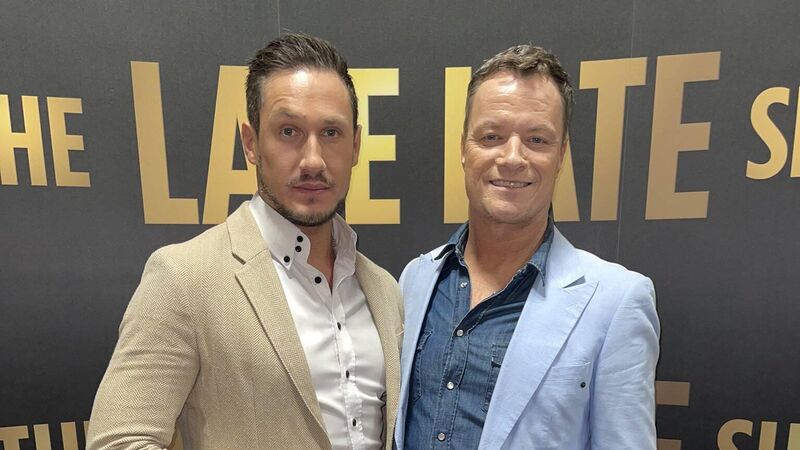Rory O'Neill: There are still people living with HIV who haven't told a single soul due to stigma

Rory O'Neill and Denys Samson behind the scenes at The Late Late Show
Try from €1.50 / week
SUBSCRIBE
Rory O'Neill and Denys Samson behind the scenes at The Late Late Show
Rory O’Neill has said there is still a stigma attached to HIV despite the fact it is an "easily manageable condition," and not the death sentence it was when he was first diagnosed.
The 54-year-old, more widely known for his drag persona, Panti Bliss, performed out of drag on RTÉ's Dancing with the Stars for the first time last week with a paso doble inspired by his experience of being diagnosed with HIV at age 27.
Already a subscriber? Sign in
You have reached your article limit.
Annual €130 €80
Best value
Monthly €12€6 / month
Introductory offers for new customers. Annual billed once for first year. Renews at €130. Monthly initial discount (first 3 months) billed monthly, then €12 a month. Ts&Cs apply.
Newsletter
Music, film art, culture, books and more from Munster and beyond.......curated weekly by the Irish Examiner Arts Editor.
Newsletter
Music, film art, culture, books and more from Munster and beyond.......curated weekly by the Irish Examiner Arts Editor.
© Examiner Echo Group Limited